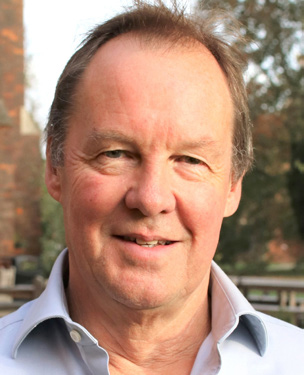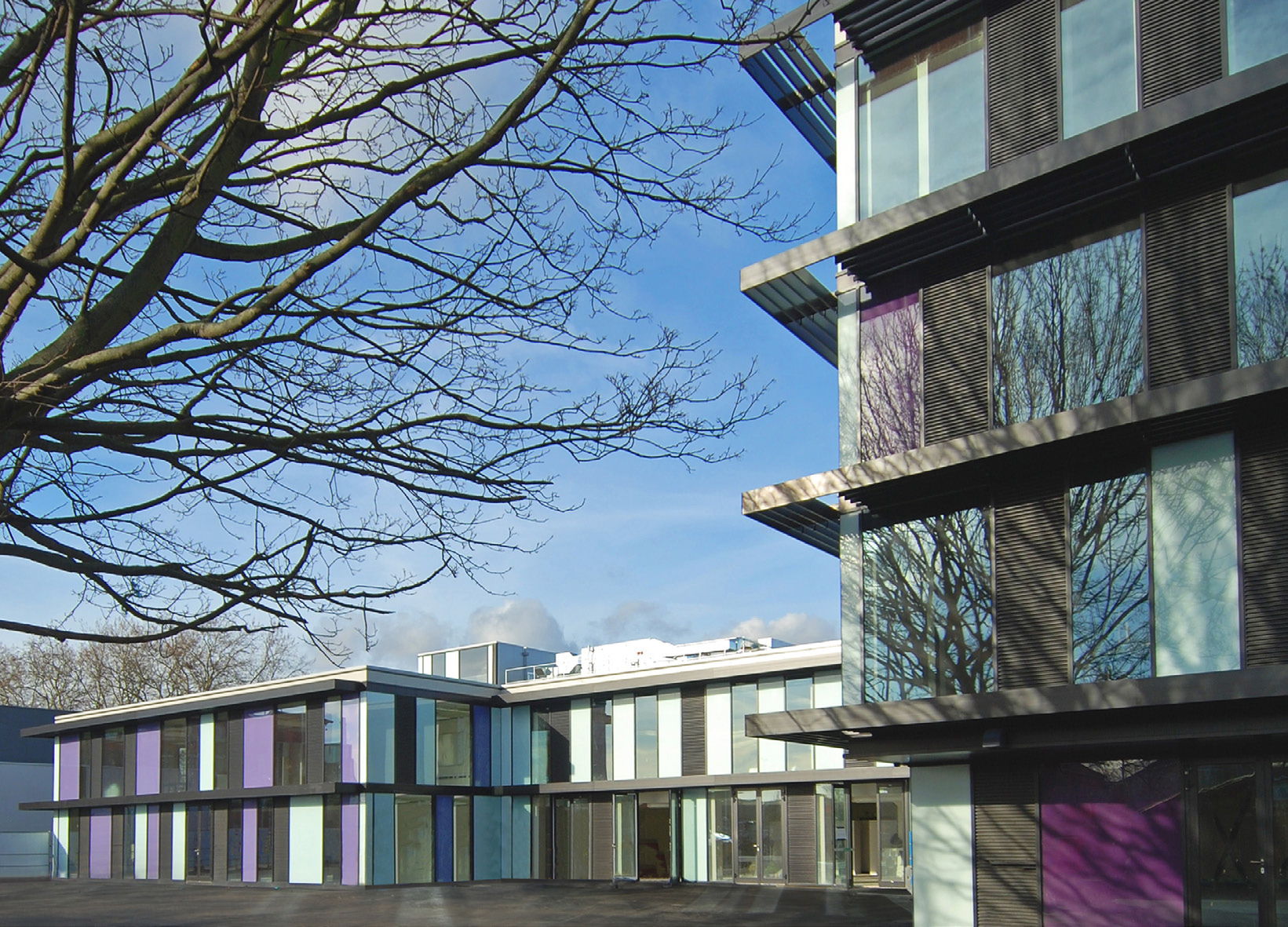FST JOURNAL
The Skills Gap
DOI: https://www.doi.org/10.53289/KXQL3298
Practical learning for life
Professor Bill Lucas

Professor Bill Lucas is Director of the Centre for Real-World Learning at the University of Winchester. His research focusses on understanding those dispositions for learning which help people succeed and flourish in life. He is the co-founder of Rethinking Assessment. With Dr Janet Hanson, Bill has developed a way of thinking about engineering as a series of engineering habits of mind (EHoM), one of the educational ideas of the last decade according to IMechE.
Schools and colleges can prepare young people for a technological life, while at the same time tackling the technical skills gap, by rethinking the relationship between knowledge skills (both technical and social) and habits and dispositions for learning. In addition, there is the value and power of practical learning. It means engaging head, heart and hands. Good learning is a combination of those three elements. In school, though, we become fixated on the head.
I have been working with the Royal Academy of Engineering for more than a decade to understand better how engineers think and act. That has involved a move away from thinking of them as ‘Subject X’ experts (whether mathematics, physics or other disciplines) and to think instead about the way they see the world.
The result of that research was a focus on a series of six ‘engineering habits of mind’: systems thinking, adapting, problem finding, creative problem solving, visualising, and all the while improving. Then there are wider, more generic learning habits of mind of the kind that make us human: curiosity, creativity, reflection, resilience, persistence, etc.
Practical experience
With the Royal Society, we have been looking at the demise of practical science, which has been reflected in the demise of practical educational experience across the spectrum. We live in a technological age where we apparently do not have to experience things, we can just google them. If we go running, we can compare ourselves with others, we can think about where we are going and why we are doing this. Rather than remembering what that plant is, we can at our phone with a smart app. We do not use maps anymore, we have a satnav.
I asked ChatGPT for the answer to the question: ‘How can schools and colleges prepare young people for a technological life and help tackle the technical skills gap?’ The reply was: ‘There are several ways schools and colleges can prepare young people for a technological life and help tackle the technical skills gap’ followed by a number of relatively straightforward suggestions. What ChatGPT does not have is the unique capability of the human mind to think things which have not been thought: it cannot sample such ideas and present them. Perhaps it takes a novelist to remind us of that.
Here lies the difficulty in the current obsession with knowledge. It is not the only capability young people need to acquire while they are in formal education. They need skills and competencies as well as habits and dispositions. Working out how to do something means applying the knowledge in a context. When that is done regularly, it becomes a competence. With practice it becomes a default setting. If you like, habits are one stage further, we are disposed to do something. The false division between mind and body has serious consequences.
For engineers, medics, and interestingly in Higher Education, the way that people are often trained is through problem-based learning. It does not start from the curriculum, but from the challenge of a real world problem.
 School21 in East London embodies the educational approach of “head, heart and hands”
School21 in East London embodies the educational approach of “head, heart and hands”
What needs to be done? First, we need consciously to rebalance head, heart and hands. There are already schools that are doing this very effectively.
Second, we must embed these habits from the start of the education journey. How do children learn to be resourceful when writing a poem? How can they learn resilience when dealing with a tricky scientific experiment? How are ethics built into learning? How can curiosity be supported when the examination system will often only reward one right answer? These engineering Habits of Mind, developed in conversations with engineers, are the kinds of behaviours that will be needed by the next generation of young engineers and scientists.
Assessment
With the founder of School 21 in East London, Peter Hyman, we have created a new movement which argues that all school leavers should leave formal education with a Digital Learner Profile. This would, of course, include the more formal major literacies and subjects studied but also other courses, especially those which are interdisciplinary and perhaps also those that have taken place in the community, or as part of work experience.
It would focus what are termed the ‘three Cs’, really important dispositions around creative thinking, collaboration, and communication. Then, it will also focus on matters that all learners throughout their lifetime have to reflect on: How did I do? How am I doing now? How am I doing as a learner? There will also be an opportunity to include testimonials, photographs and other evidence of one’s work.
We were delighted that the final report of the recent Times Education Commission recommended this approach. The qualification they proposed involves a broad balance between practical, applied and academic aspects of the curriculum which all young people would pursue through their school lives.
Good learning involves head, heart and hands working in harmony. Teachers should use carefully chosen strategies that encourage learners to experience and navigate real world challenges, acquire and apply their knowledge and through a range of settings that explicitly develop skills, skills and dispositions for lifelong learning.
